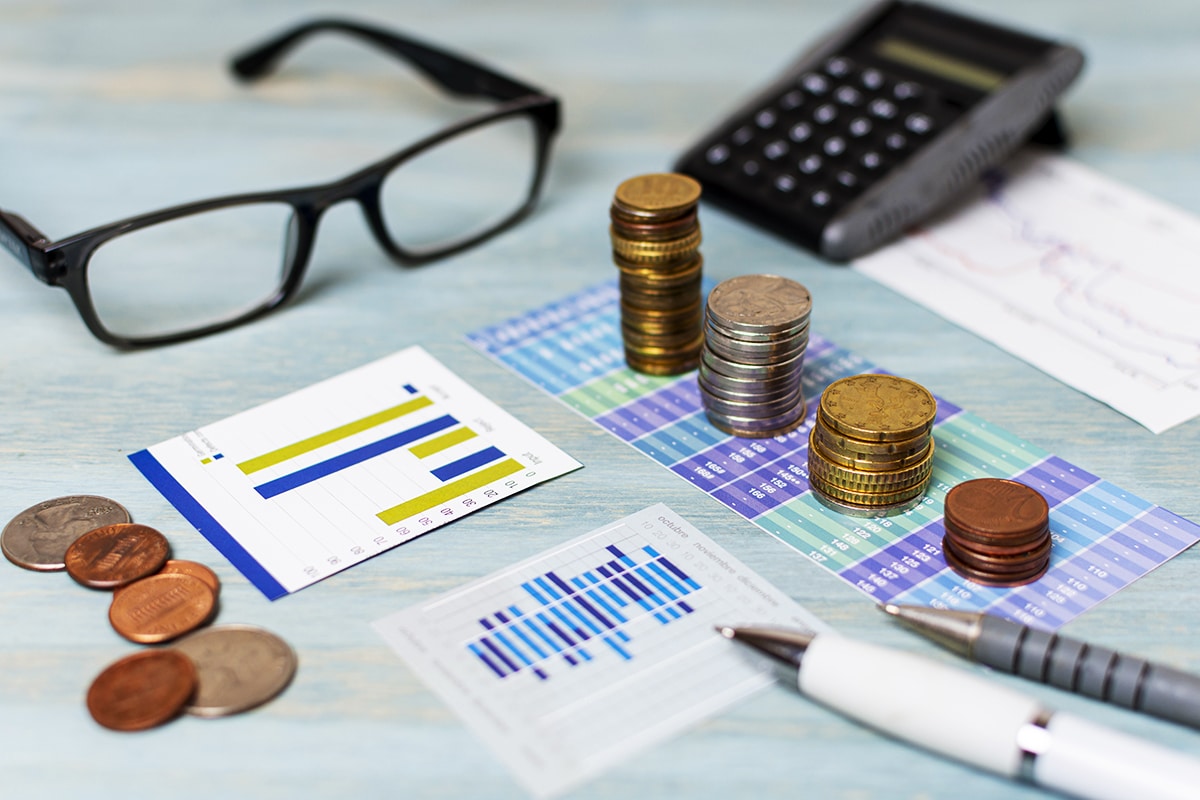Understanding Foreign Exchange Trading
Foreign exchange trading or forex trading refers to the buying and selling of currencies on the global market. The forex market is the largest financial market globally, and it operates 24/7. With trading volumes surpassing 5 trillion dollars, the currency market is one of the most lucrative and profitable for investors.
Forex trading involves speculating on the movements of currency pairs. For instance, an investor might buy the US dollar against the Euro, speculating that the value of the dollar will increase in comparison to the euro. Forex traders can also sell currency pairs, anticipating a decline in their value.
How to Get Started with Forex Trading
To begin trading forex, one needs to follow a few steps. First, you need a forex broker to execute your trades. Look for a reputable broker that is regulated by the appropriate authorities. Also, ensure that the broker has reasonable commissions, a user-friendly trading platform and provides relevant news updates.
After selecting your preferred broker, you need to open an account and deposit funds. Most brokers offer different account types, depending on your experience and investment size. Choose an account that is suitable for your budget and risk appetite. It’s also advisable to start small and avoid trading large amounts.
Understanding Leverage In Forex Trading
Leverage refers to the amount of money a trader borrows to trade orders larger than their account balance. In forex trading, most brokers allow traders to use leverage, which can amplify potential profits. However, it’s essential to understand that leverage also magnifies losses.
For instance, if your broker offers a 1:100 leverage ratio, you can trade $100,000 worth of currencies with only a $1,000 deposit. However, if the value of the currency pair moves 1% against your trade, your account will lose $1,000, effectively wiping out your entire account.
Be cautious with leverage and use it with care. Beginners are advised to use low ratios such as 1:10 or 1:20 until they gain enough experience and confidence in their trading strategies.
Understanding Currency Pairs
In forex trading, currencies are traded in pairs. The first currency in the pair is known as the base currency, while the second currency is known as the quote or counter currency. For instance, in the USD/EUR pair, the US dollar is the base currency, while the Euro is the quote currency.
Exotic currency pairs involve currencies from emerging economies or smaller countries. These pairs tend to have more significant spreads and higher volatility. They are also less liquid, making them riskier to trade.
Majors or primary currency pairs such as the USD/GBP, USD/EUR, and USD/JPY are generally more stable and liquid. They are also the most traded pairs, making them ideal for beginners.
Forex Trading Strategies
There are different forex trading strategies employed by traders to take advantage of market movements. Some popular strategies include scalping, day trading, swing trading, and position trading.
Day trading involves opening and closing trades within a single trading session. The goal is to capture small price movements and profit from them. This strategy is suitable for traders who can monitor the market continuously.
Swing trading, on the other hand, involves opening trades for several days or weeks. This strategy involves identifying trends and riding them to make a profit. Swing traders aim to capture bigger market movements.
Position trading involves holding trades for a more extended period, usually months or even years. This strategy is suitable for traders who can anticipate market movements correctly.
The Benefits of Forex Trading
Forex trading has many advantages, making it an ideal option for investors looking to diversify their portfolios. Here are some of the benefits;
1. Flexibility – forex trading operates 24/7, allowing traders to access it at any time.
2. Low transaction costs – forex trading has lower transaction fees compared to other financial markets.
3. Liquidity – currency pairs are highly liquid, meaning traders can enter and exit positions quickly.
4. High leverage – forex brokers offer high leverage ratios, amplifying potential profits.
Tips for Successful Forex Trading
Like any other investment, forex trading requires knowledge, experience, and skill. Here are some tips to help you succeed in forex trading.
1. Have a trading plan – Develop a trading strategy that suits your personality and risk profile.
2. Use stop-loss orders – Utilize stop-loss orders to manage your risks effectively.
3. Avoid emotional trading – discipline and patience are crucial in forex trading.
4. Keep up with the news – Stay informed on economic and geopolitical events that can impact currency prices.
5. Learn from experts – Read books, attend seminars or webinars, and follow successful traders to learn from their experiences and strategies.
The Bottom Line
Forex trading can be highly profitable, but it also carries significant risks. To succeed in forex trading, you need to have a solid understanding of the market, a robust trading plan, and a disciplined approach. Always remember to trade with caution, start small, and use leverage with care. With the right strategies and mindset, you can reap profits from the lucrative world of forex trading.

Deja una respuesta